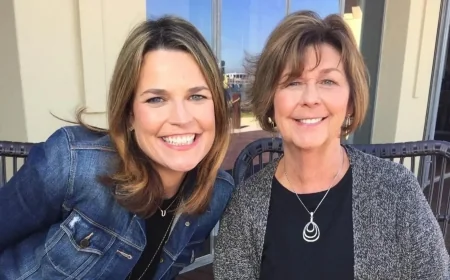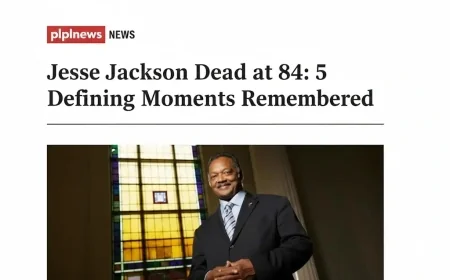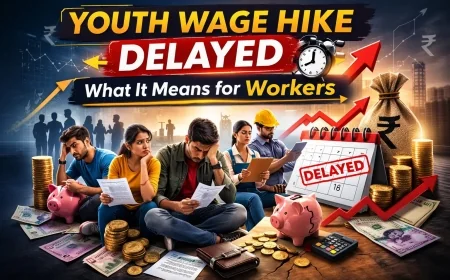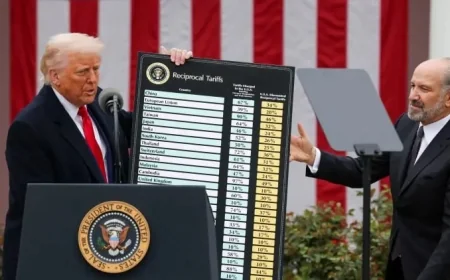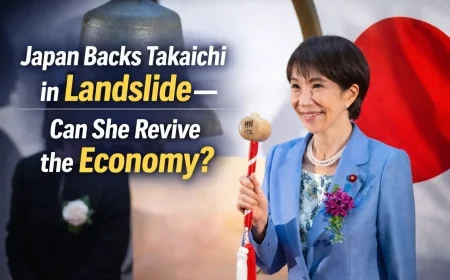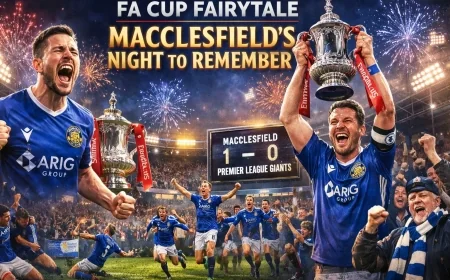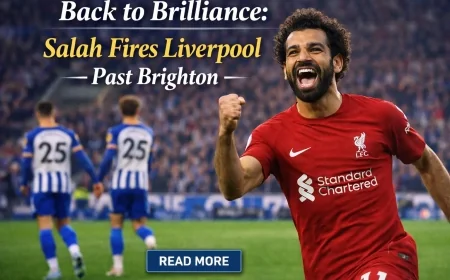I’m a psychologist who studies couples
Ask anyone what they think keeps a relationship strong, and they will probably tell you it’s love. There’s some truth to that: love is what draws us together in the first place.
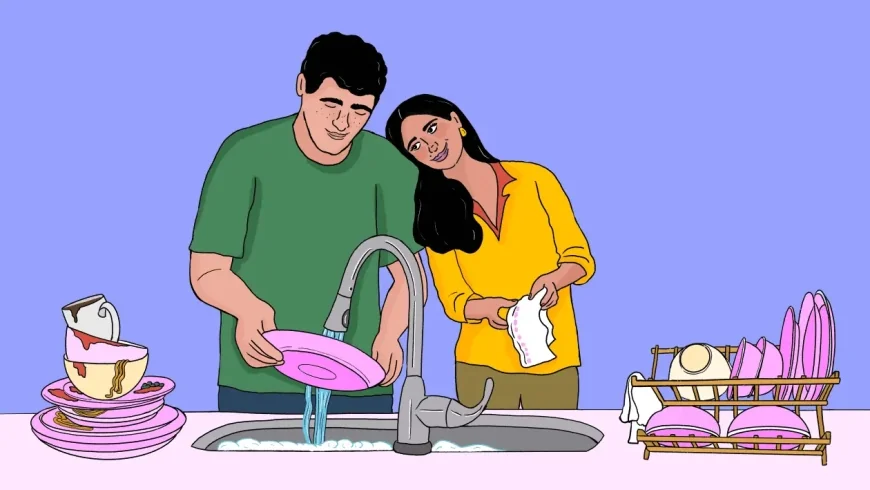
Ask anyone what they think keeps a relationship strong, and they'll probably tell you it's love. There's some truth to this: love is what brings us together in the first place.
But after years of studying couples as a psychologist and a husband, I've come to understand one thing that research consistently confirms: even after the honeymoon period is over, the real factor that keeps couples together is compromise.
Love alone isn't enough
Psychologists define love as an emotion. And like all emotions, love fluctuates with stress, sleep, health, and thousands of other factors that shape our daily lives.
So you can love your partner deeply and still be angry, disappointed, or upset with them. Love won't protect you from conflict, nor will it resolve your differences.
That's why even the happiest couples, no matter how much they love each other, still fight and have disagreements. The difference is that strong couples know that love can't fix everything—but compromise can.
The Psychology of Compromise
Compromise happens when you strike a balance between your desires, your partner's desires, and what's best for the relationship.
Every couple comes with their own habits, values, and experiences. Expecting perfect harmony is unrealistic. Instead, healthy couples learn to compromise with their reality. They transform "my way" and "your way" into "our way."
But compromise only works if it's based on a strong sense of "we."
Research shows that couples who express their conflicts using "we" language (we decided, we talked, we resolved it) feel more connected and satisfied after a disagreement. When both partners view compromise as a shared effort, not a loss, it strengthens the bond between them.
What Compromise Looks Like in Real Life
Compromise doesn't always feel romantic. Sometimes this means agreeing to watch a movie you would never have chosen yourself. Sometimes, it means paying attention to something your partner says while suppressing your urge to suggest a solution.
In my marriage, I've learned that relationships require very little sacrifice. Instead, you have to choose whether you're willing to meet your partner halfway.
Today, it might be who handles which chores. Tomorrow, it might be how you spend your evenings together. Next month, it might be how you spend your family vacations. This might involve finding a middle ground, taking turns, or agreeing on something else you both haven't even thought about.
The important thing is that both of you are heard and respected, and that no one feels they have to "win" or "be right." When you consistently make enough space for each other's needs, you build something that love alone rarely can: trust.
Mark Travers, PhD, is a psychologist who specializes in relationships. He holds degrees from Cornell University and the University of Colorado Boulder. He is the lead psychologist at Awake Therapy, a telehealth company that provides online psychotherapy, counseling, and coaching. He is also the curator of the popular mental health and wellness website, TherapyTips.org.
What's Your Reaction?
 Like
0
Like
0
 Dislike
0
Dislike
0
 Love
0
Love
0
 Funny
0
Funny
0
 Angry
0
Angry
0
 Sad
0
Sad
0
 Wow
0
Wow
0
